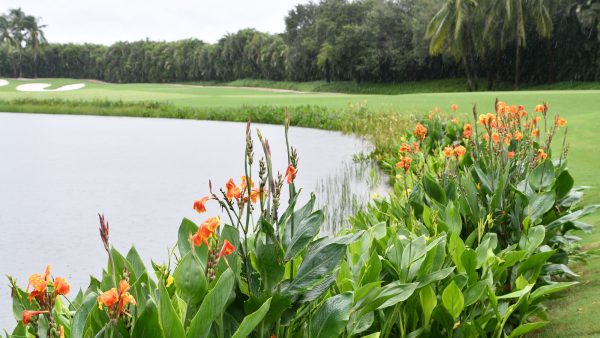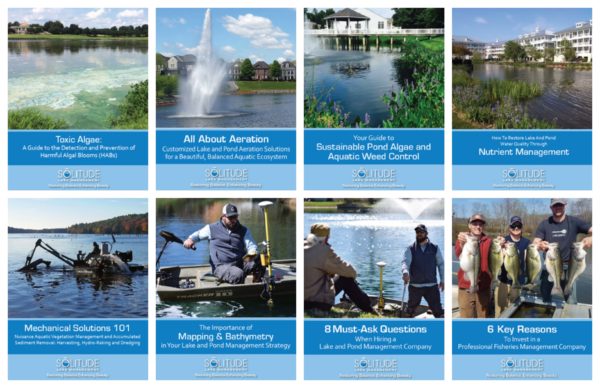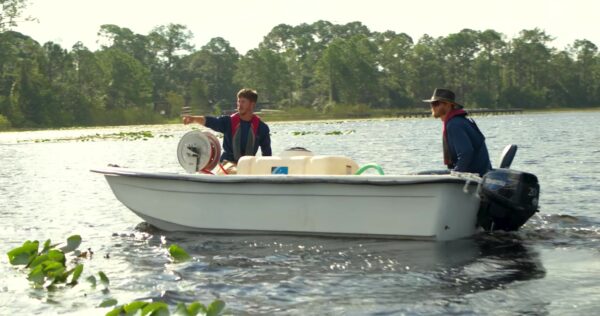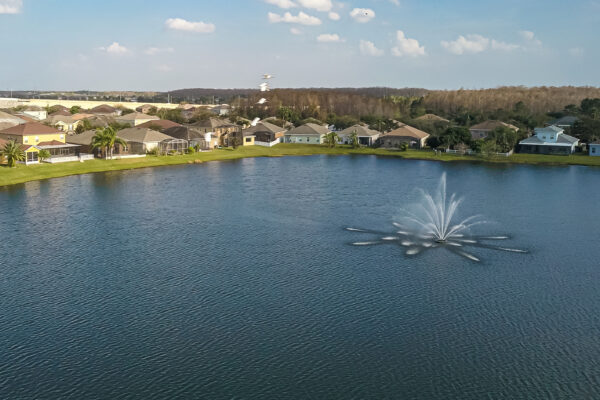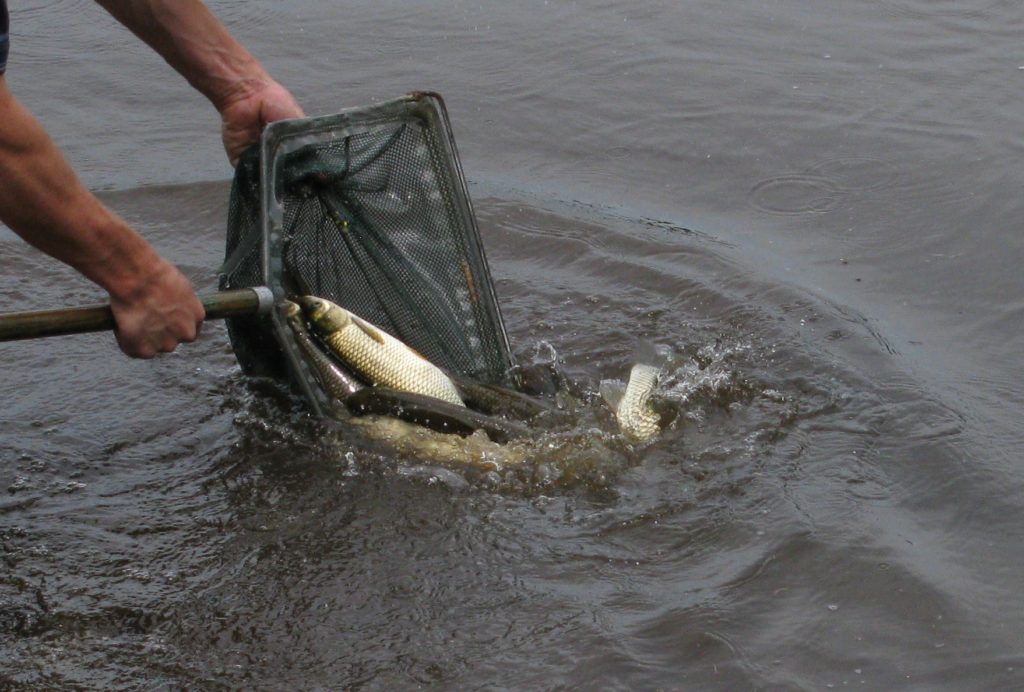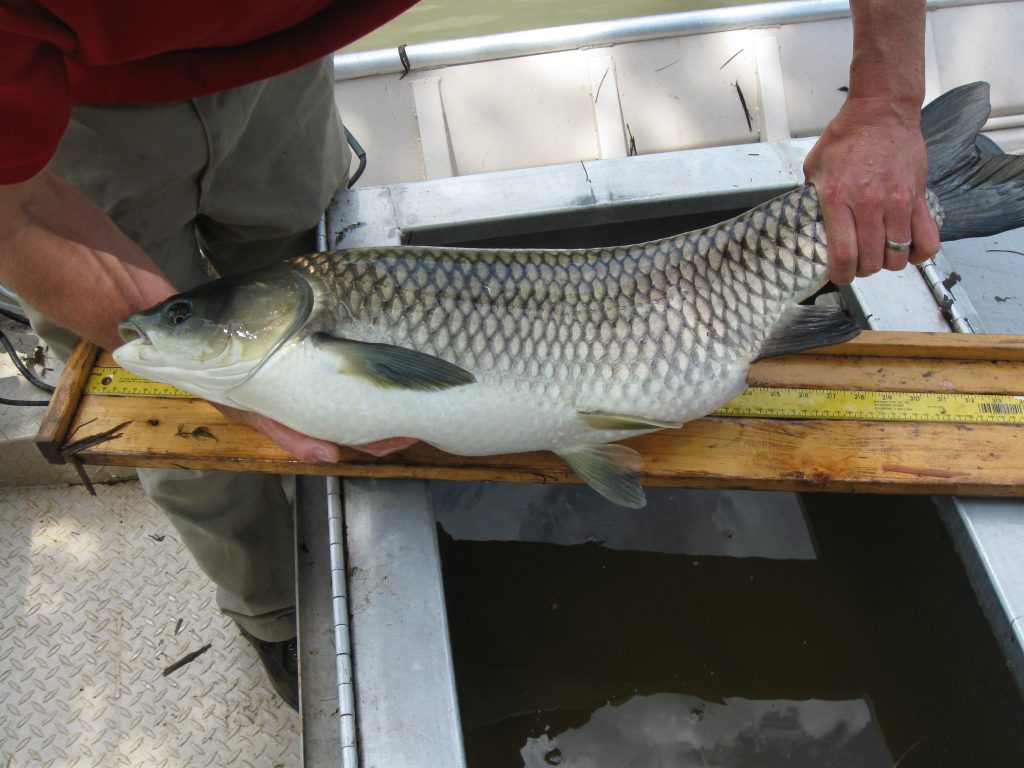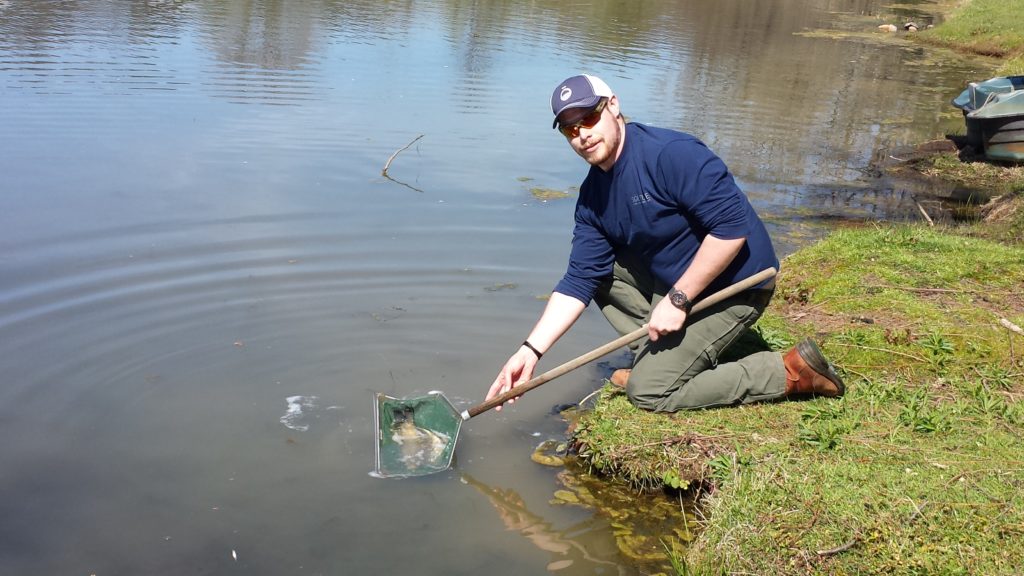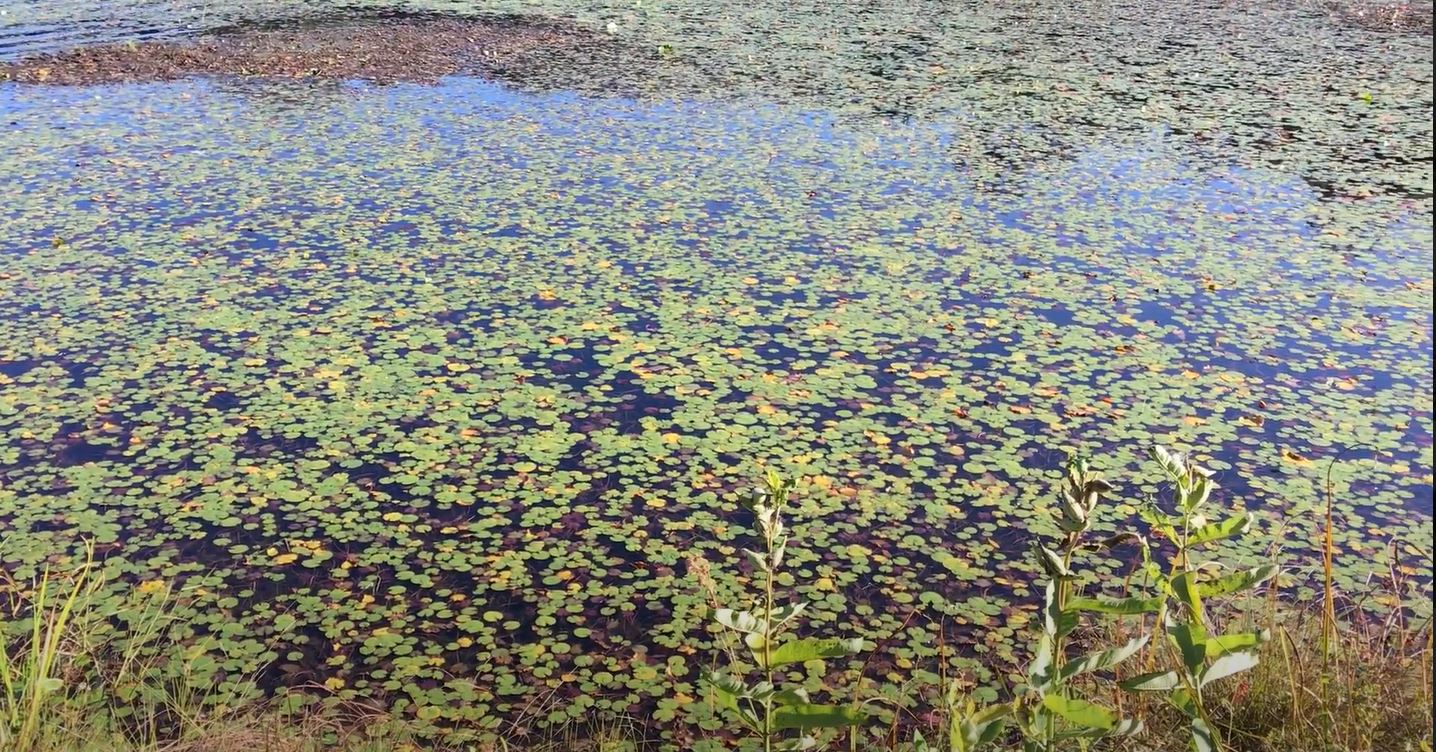
Is it safe to control aquatic weeds with Triploid Grass Carp?
One of the biggest threats to aquatic ecosystems is invasive weeds. Exotic plants tend to populate quickly and outcompete native species for habitat, sunlight, and nutrients. When introduced to new areas, invasive weeds thrive because they have few natural predators to keep them in check. Lake and pond management professionals have many safe and modern tools at their disposal like EPA-registered herbicides to control undesirable plant species, but stakeholders often desire a more natural approach. Surprisingly, professionals may turn to another non-native species—Triploid Grass Carp—to help restore ecological balance.
Utilizing Triploid Grass Carp to Control Aquatic Weeds
Hundreds of invasive plants have taken hold in North America over the past century. Many of them were introduced accidentally due to increased global travel and recreation. In other instances, invasives have been intentionally brought in through the aquarium trade, or simply because they are aesthetically pleasing. Triploid Grass Carp can be stocked in lakes and ponds to target many invasive weed species. Grass Carp are voracious eaters that are capable of consuming 20-100% of their body weight in submersed plants per day, allowing them to grow more than 36 inches in length. It’s not uncommon for HOAs, golf courses, and private property owners to see quick results after introducing Grass Carp to their waterbodies!
Considerations Before Stocking Grass Carp
Unlike the invasive plants they eat, Grass Carp that are stocked by professionals are sterile (triploid), making them perfectly safe for the environment. However, they aren’t always a perfect solution. Triploid Grass Carp spend their entire lives grazing, meaning that they won’t stop once the undesirable weeds are gone. Native aquatic plants that provide beneficial cover and nutrition to wildlife may also be on the menu. It’s also critical to remember that as insatiable eaters, Triploid Grass Carp expel high levels of nutrient-laden waste. Depending on the waterbody’s nutrient load, these excess nutrients may degrade water quality by promoting algae and toxic cyanobacteria growth. However, regular water quality testing and implementing sustainable solutions can help balance water quality.
Another thing to consider is the time of year. Grass Carp should be stocked in the Spring or Fall to avoid stressing the species.
Are Grass Carp Legal In Your State?
Triploid Grass Carp are highly regulated and cannot be legally stocked in every state or every type of waterbody. Lake and pond management professionals consider these and other factors when designing a stocking program, which is why it’s so important to consult with an expert. Often, other tools and solutions are implemented alongside stocking to help maintain the ecosystem’s balance and beauty. These might include establishing native emergent vegetation, nutrient remediation, and ongoing water quality monitoring. In some cases, experts may recommend a fish feeder to supplement their diet. Professionals also understand the ideal times of year to stock, how many to introduce, and how soon populations need to be replenished.
Would your waterbody benefit from stocking Triploid Grass Carp? Reach out to our Fisheries Biologists to see if you should stock this Fall or Spring.
Managing Nuisance & Invasive Aquatic Weeds
SOLitude Lake Management is a nationwide environmental firm committed to providing sustainable solutions that improve water quality, enhance beauty and preserve natural resources.
SOLitude’s team of aquatic scientists specializes in the development and execution of customized lake, stormwater pond, wetland and fisheries management programs. Services include water quality testing and restoration, algae and aquatic weed control, installation and maintenance of fountains and aeration systems, shoreline erosion control, muck and sediment removal and invasive species management. SOLitude partners with homeowners associations, golf courses, private landowners, businesses and municipalities. SOLitude Lake Management is part of Rentokil, a leading business services company, operating across the United States, Canada and Puerto Rico.
For more information, visit SOLitude Lake Management at solitudelakemanagement.com, and connect on Facebook, LinkedIn and Twitter.

